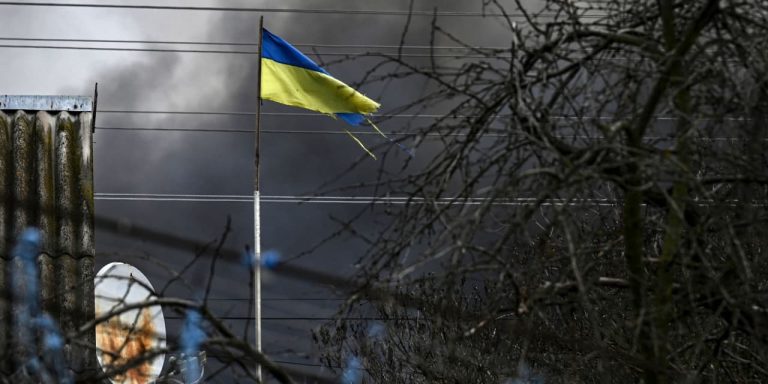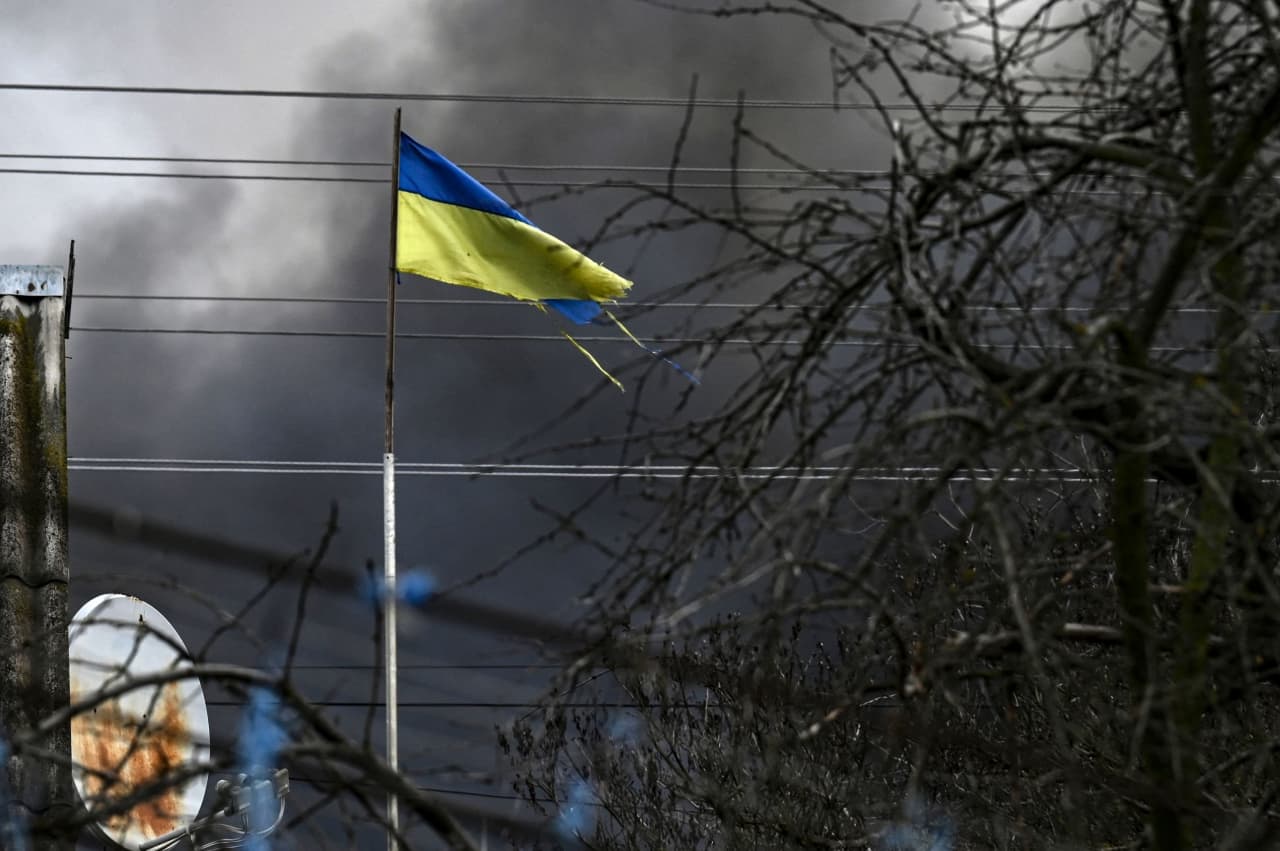“ The international community can and must do more to help Ukraine.“
As Russia's war against Ukraine continues to wreak havoc at the regional and global levels, the Ukrainian people and their allies are showing extraordinary determination and courage. But nearly two years after Russia launched its full-scale invasion, it has become increasingly clear that the international community can and must do more to help.
While G7 countries and other governments around the world have been extraordinarily generous in supporting the Ukrainian war effort, there are signs of growing fatigue in some quarters – a development that Russia appears to have anticipated. With the failure of the United States and the European Union to commit more than $100 billion in aid to Ukraine in December, the idea of seizing Russian assets frozen by Western countries has resurfaced as a possible solution.
Although seizing these assets would boost Ukraine's morale and finances, policymakers on both sides of the Atlantic are concerned. like New York times As recently reported, senior US officials fear that setting such a precedent will deter other countries from depositing their money at the New York Federal Reserve or holding it in US dollars.
But concerns that other governments might become wary of keeping their money in the United States for fear of future seizure miss some key points. Seizing Russia's frozen assets would not affect the assets of other countries or change the incentives of governments that are not planning a major war. Moreover, by not confiscating these funds, Western countries indicate that governments waging brutal wars of aggression can both violate international law and take advantage of it to escape the consequences of their actions. Instead, G7 leaders must send a clear message: no country can have it both ways. By deterring other bad actors from violating international law, such confiscations can serve as a peacebuilding measure.
The supposed negative impact of the Russian asset seizure on the willingness of other countries to deposit funds in the United States and Europe, if real, would have been evident when these funds were frozen in early 2022. Notably, there was no capital flight from the United States. Or Europe. This is partly because there are few safe alternatives to the existing financial system. Assuming that governments become cautious about keeping their assets in the United States, Europe, or Japan, where else might they keep them? Even setting aside concerns such as capital controls, would they feel safer keeping their money in Chinese institutions, for example?
Moreover, while European and Japanese institutions may benefit if other “rogue” countries decide not to hold their deposits in the United States, the financial impact will be minimal. Indeed, many economists argue that such capital flows are a cost, not a benefit. According to this argument, it increases the value of the currency, makes it more difficult to export goods and compete with imports, and thus destroys jobs.
To be sure, some financiers may face losses. But most of the money held in the United States is simply reserves on deposit with the Federal Reserve, which does not directly benefit Wall Street. The same applies to Euroclear, the Belgian financial institution where the bulk of Russian assets are held.
“A tool that cannot be used is essentially worthless, and there has never been a more appropriate time to use it than now.“
Another related argument against asset seizures is that asset seizures can only happen once, because once they are done, a country will not leave its reserves or other assets in the United States or the European Union. But even if true, the argument is not convincing: a tool that cannot be used is essentially worthless, and there has never been a more appropriate time to use it than now.
Ultimately, Russia must be held accountable. Although Russia cannot fully compensate Ukraine for the devastation it caused, it must at least pay for the material damage and cover the costs of reconstruction. When an individual commits a tort—an act that harms another person—he is obligated to make compensation. Often, individuals' assets are seized to ensure they meet this obligation. The same principle applies to countries. Although asset confiscations are often complex processes, the case of Russia may be the exception, because the assets to be seized have already been frozen.
Legal experts would argue that providing loans to Kiev and using the frozen assets as collateral is a better approach, because it would force Russia to choose between compensating Ukraine directly or confiscating these funds. But such technical matters are best left to lawyers. The fact is that Ukraine needs money now, Money is under Western control, Not using it to help Ukraine win this war and rebuild would be unconscionable. It is unreasonable to expect taxpayers and donors in Europe, the United States, and Asia to bear the costs of Ukraine's reconstruction when Russia itself can make a significant (albeit involuntary) contribution.
But the specific use of the confiscated funds is a secondary concern. While 90% of US security aid allocated to Ukraine is spent in the United States, captured Russian assets could be used to support Ukrainian forces on the ground and fund massive recovery efforts.
We should not say that seizing frozen Russian assets will not absolve the West of responsibility for providing Ukraine with military aid; Without victory, reconstruction is not possible. However, the fact that rebuilding Ukraine may ultimately cost $1 trillion – more than three times the value of the assets – may soothe those who remain reluctant to use it to finance reconstruction efforts.
Of course, no amount of money will be able to repair the enormous damage that Russia's war of aggression has inflicted on Ukraine's economy and its people. But the frozen Russian assets can be viewed as a down payment for the reparations the Kremlin will eventually have to pay.
Joseph E. Stiglitz, a Nobel laureate in economics, a professor at Columbia University, and a 2018 Sydney Peace Prize winner. Andrew Kosenko is an assistant professor of economics in the School of Management at Marist College.
This commentary is published with permission from Project Syndicate —Seizing Russia's frozen assets is the right move.


